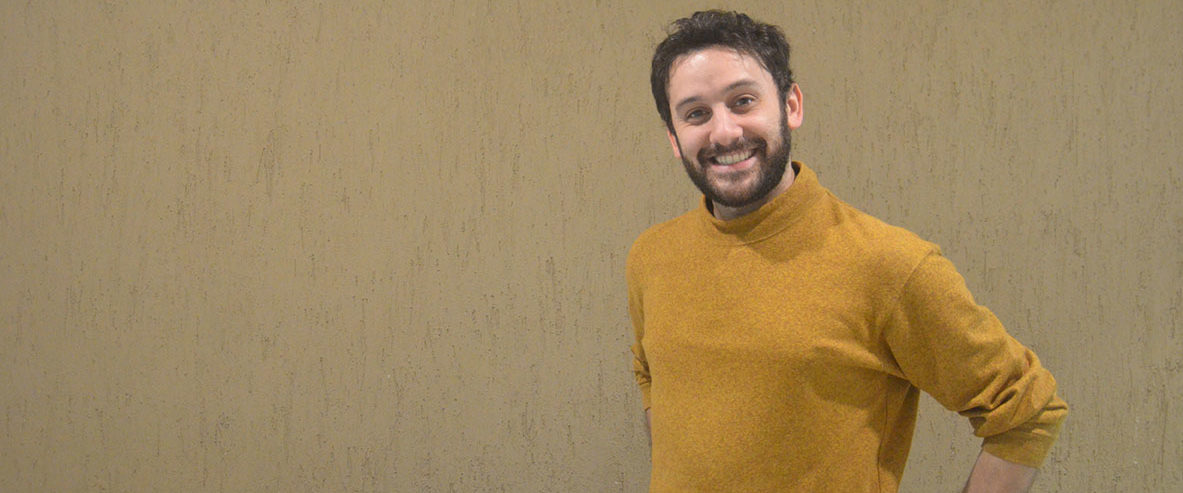UTNBA graduate gave the talk “From UTN to Japan: Neuroscience and Engineering”
Eng. Gastón Sivori obtained a scholarship to pursue a doctoral degree at the Okinawa Institute of Science and Technology and, during his stay in Argentina, he offered a talk for UTNBA students about his experience and the advantages of studying abroad.

On May 6, Eng. Gastón Sivori, an Electronics Engineering graduate from UTN Buenos Aires, gave a talk for students entitled “From UTN to Japan: Neuroscience and Engineering” at the Medrano premises of this School of Engineering. In 2018, Sivori obtained a scholarship to pursue a doctoral degree in Japan, at the Okinawa Institute of Science and Technology (OIST), so at the event he talked about his first experiences in the Asian country.
Every academic year, the Institute offers its students the possibility of participating in an educational visit. A professor can, from any part of the world, send an invitation via email, indicating venue, date and time, and the OIST will send the student to attend the event or give a talk.
“It was not mandatory, but I felt it was a good opportunity. I hope this talk will encourage students to become more acquainted with and participate in School projects, engage in academic activities and attend conferences, because that is essential in order to be selected for this kind of scholarships,” Eng. Sivori explained.
After graduating in 2017, he worked as a research intern in the Bioengineering Research and Development Group (in Spanish, GIBIO) at UTN Buenos Aires. During his studies, he participated in the conference of the International Symposium of Medical Information Processing and Analysis with Dr. Leandro Cymberknop, current GIBIO’s coordinator. These activities helped him acquire enough qualifications to apply for the scholarship.
“From the academic perspective, I was very interested in doing a doctorate and I had always wanted to visit Japan. So, when I graduated I decided I would travel there for three months on vacation. When I arrived in Okinawa, I visited the OIST and was fascinated with its program because it is quite unique: in the first year, students do three rotations around three different units, each rotation lasting four months, and work on various projects. This allows them to get acquainted with how each unit works, and decide whether they are interested in joining and doing their thesis research work there,” Sivori stated.
“We also have an academic mentor –he added– who helps us make the best choice for each of us and decide where we will feel more comfortable. When I go back, I will start the third rotation. The first work was related to neuroscience, the second one to computational psychiatry and the next one will be about biology-inspired neural networks. In general, everyone usually has an idea of which unit they would like to choose, and I’m interested in the third one.”
In order to apply for the scholarship, the applicant must provide their information online, including documentation such as passport and diploma, any publications made and letters of recommendation.
Once the first stage is over, the OIST takes the applicants to Japan for a week with all the expenses covered. There, they hold 5 interviews with professors, three of which are chosen by the student. In these meetings, the applicant must demonstrate a good level of English, an understanding of publications and interest for the work conducted at the institute.
After the interviews, the OIST informs the applicants whether they have been selected through a formal invitation letter.



